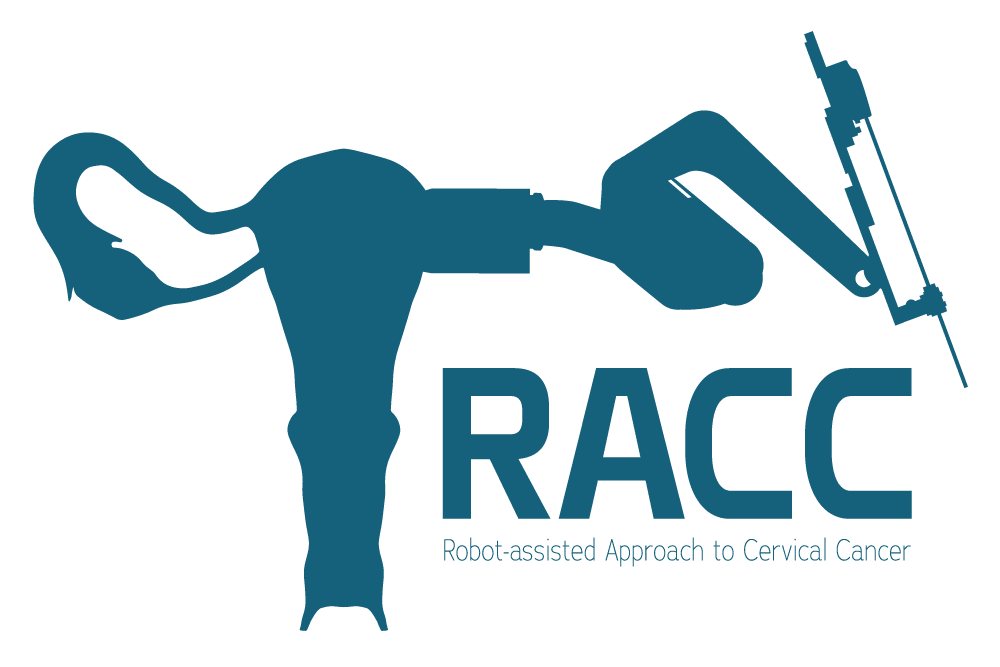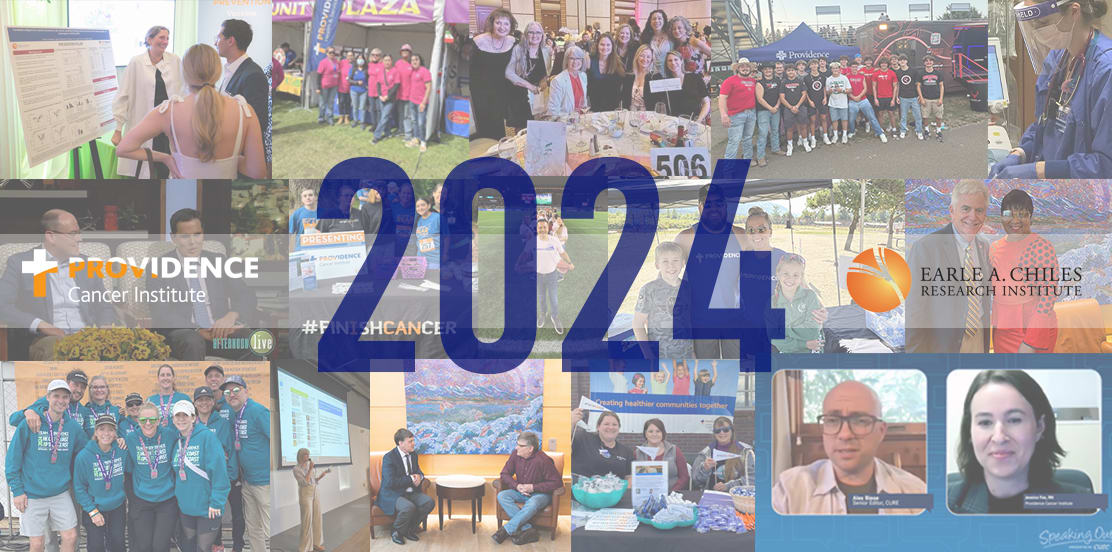With the potential to transform cancer diagnostics, Providence contributes to innovative AI-powered digital pathology model
Prov-GigaPath achieves state-of-the-art performance, marks largest pretraining effort to date
Image: Ella Maru Studio
RENTON, Wash. [May 22, 2024] – A joint study between Providence, Microsoft and the University of Washington detailing work to create a novel AI-powered pathology model that will lay the foundation to improve patient outcomes and advance individually tailored care has been published in Nature, one of the world’s most prestigious academic journals.
Leveraging large-scale machine learning models and pretrained on real-world data managed by Providence, this revolutionary approach has the potential to transform cancer diagnostics by holistically capturing global patterns across the whole slide, allowing for improved predictions around mutations and effective cancer subtyping.
“This transformative work is the result of focused efforts to overcome three major challenges that have stymied previous computational pathology models from widely being applied in the clinical setting: shortage of real-world data, inability to incorporate whole-slide modeling and lack of accessibility,” said Ari Robicsek, MD, Providence chief analytics and research officer. “Our paper being published in Nature describes a transformational solution to these challenges, exponentially reducing the effort needed to build digital diagnostic tools in the future.”
The model, Prov-GigaPath, is undergirded by the largest pretraining effort to date with whole-slide modeling, performed on 1.3 billion pathology image tiles obtained from 171,189 digital whole-slides provided by Providence. This is five to 10 times larger than other established pretraining datasets such as The Cancer Genome Atlas (TCGA). The slides come from more than 30,000 patients and cover 31 major tissue types. All computation was conducted within Providence’s tenant and approved by the Providence Institutional Review Board (IRB), adhering to appropriate standards of privacy and compliance.
By combining diverse data from Providence with a novel pathology-specific adaptation of Microsoft’s LongNet, which allows for long-context modeling of whole-slide images, Prov-GigaPath attained state-of-the-art performance on 25 out of 26 digital pathology tasks, with significant improvement over the next best model on 18 other tasks.
With the model now globally available, Prov-GigaPath’s ability in holistic whole-slide modeling promises to unlock new approaches to studying the tumor microenvironment, with potential downstream applications in cancer diagnostics and prognostics such as assisting clinicians in treatment selection. There’s also potential for it to have broader biomedical impacts in the future.
“The rich data in pathology slides can, through AI tools like Prov-GigaPath, uncover novel relationships and insights that go beyond what the human eye can discern,” said Carlo Bifulco, MD, chief medical officer of Providence Genomics and associate member and medical director of Translational Molecular Pathology, Earle A. Chiles Research Institute. “Recognizing the potential of this model to significantly advance cancer research and diagnostics, we felt strongly about making it widely available to benefit patients globally. It’s an honor to be part of this groundbreaking work.”
FAQs
Q: What is Prov-GigaPath?
A: Prov-GigaPath is a novel AI-powered pathology model that has the potential to improve patient care and transform cancer diagnostics by holistically capturing global patterns across the whole slide, allowing for improved predictions around mutations and effective cancer subtyping.
Q: How does Prov-GigaPath differ from previous digital pathology models?
A: To our best knowledge, Prov-GigaPath was the first whole-slide foundation model for digital pathology with large-scale pretraining on real-world data. Specifically, Prov-GigaPath was pretrained on 1.3 billion pathology image tiles derived from 171,189 whole-slides generated and managed by Providence — the largest such whole-slide pretraining effort to date and five to 10 times larger than other established pretraining datasets such as The Cancer Genome Atlas (TCGA).
Q: How will patients benefit from Prov-GigaPath?
A: Prov-GigaPath’s whole-slide modeling will unlock new approaches to studying the tumor microenvironment, with potential downstream applications in cancer diagnostics and prognostics such as assisting clinicians in treatment selection. There’s also potential for it to have broader biomedical impacts in the future.
Q: How will Providence use Prov-GigaPath?
A: Providence plans to leverage the model’s ability to predict the likelihood of actionable cancer driver genomic mutations to overcome socioeconomic barriers and disparities that currently limit the access to personalized/precision medicine in oncology. Another major focus will be the characterization of the tumor microenvironment, where Prov-GigaPath will aid with the deconvolution of large multiomics spatial biology datasets. In short, Providence will use it to unlock a deeper understanding of how to diagnose and treat a patient’s tumor that isn’t available when viewing a slide with the human eye.
Q: How does Prov-GigaPath align with the Mission and vision of Providence?
A: With the vast potential to transform cancer diagnostics and advance precision medicine, it was important for Prov-GigaPath to be made widely available, aligning with Providence’s Mission to serve all and supporting its vision of health for a better world.
About Providence
Providence is a not-for-profit Catholic health system and one of the nation’s largest health systems, comprising a diverse family of organizations and driven by a belief that health is a human right. With 51 hospitals, over 1,000 physician clinics, senior services, supportive housing, and many other health and educational services, the health system and its partners employ more than 121,000 caregivers serving communities across seven states – Alaska, California, Montana, New Mexico, Oregon, Texas, and Washington, with system offices in Renton, Wash., and Irvine, Calif. Learn about our vision of health for a better world at Providence.org.



